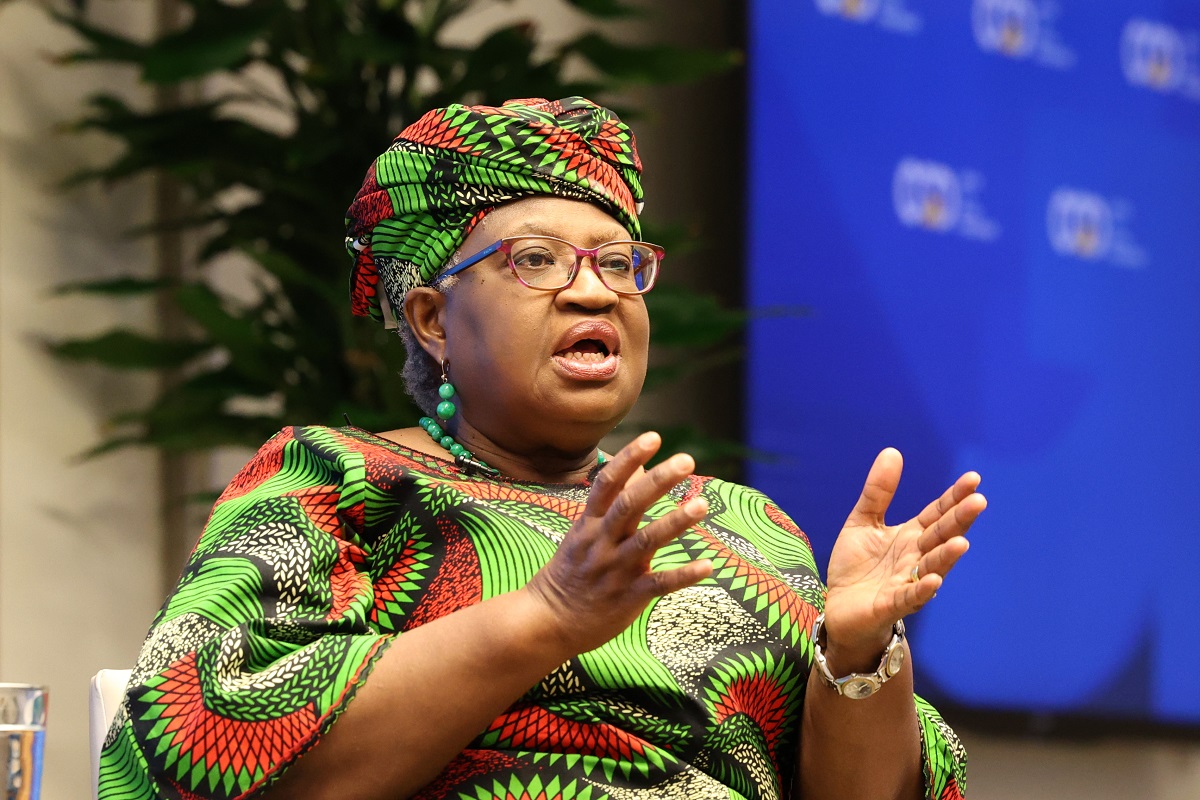The American economy is 44 times larger than that of the average country with which it has a free trade agreement. And it is more than 200 times larger than half of them. US trade negotiators have always had the edge in setting the terms of these agreements. As a result, these deals, by and large, reflect US priorities and preferences. Our trade partners sign because—even where not completely balanced—the net benefits are still positive. In fact, to make these trade agreements more fair from an international perspective, in many cases, would require rebalancing in favor of our trading partners, especially smaller developing countries.
But from a domestic standpoint, it is not enough that the overall net benefits are positive. There are losers from trade and the losses for those individuals and their families can be serious and long-lasting. The fact that technology is at least as much to blame as international trade is cold comfort. The argument that trade liberalization is good policy for everyone is premised on some of the gains being used to compensate the losers. For the most part, that hasn’t happened. Americans who have watched the effects on their hometowns as manufacturing has moved overseas, those who have experienced layoffs, and many more who are anxious about the potential future effects of globalization, voted overwhelmingly for Trump. We witnessed a similar backlash against trade and globalization in the United Kingdom during the Brexit referendum.
Still, in all likelihood, trying to renegotiate trade agreements already tilted in favor of the United States would yield little in the way of new gains. Repudiating them would be even worse, raising prices for US consumers and driving US firms that increasingly depend on global supply chains to offshore more of their activities. It is many of Trump’s core supporters who would pay the highest price under that approach.
If President-elect Trump wants to provide meaningful relief to these supporters, he should work with Congress to strengthen the safety net for dislocated workers and pursue active labor market policies that help workers adapt to rapid economic change associated with globalization and new technologies—something I recommended for the next president, eight years ago. And, yes, we need to make sure that China is complying with international trade rules, though we don’t have a free trade agreement with China.
Presidents Barack Obama and Bill Clinton paid lip service to the need to do more for the losers from globalization. But in the face of opposition from congressional Republicans on fiscal and other grounds, they did not push for it. Nor was the business community willing to pay a little more in taxes to help deal with the downsides of trade agreements they strongly supported. President-elect Trump has a unique opportunity to, finally, make US trade policy more inclusive and fair. But he should start by getting our own house in order.
CGD blog posts reflect the views of the authors, drawing on prior research and experience in their areas of expertise.
CGD is a nonpartisan, independent organization and does not take institutional positions.





